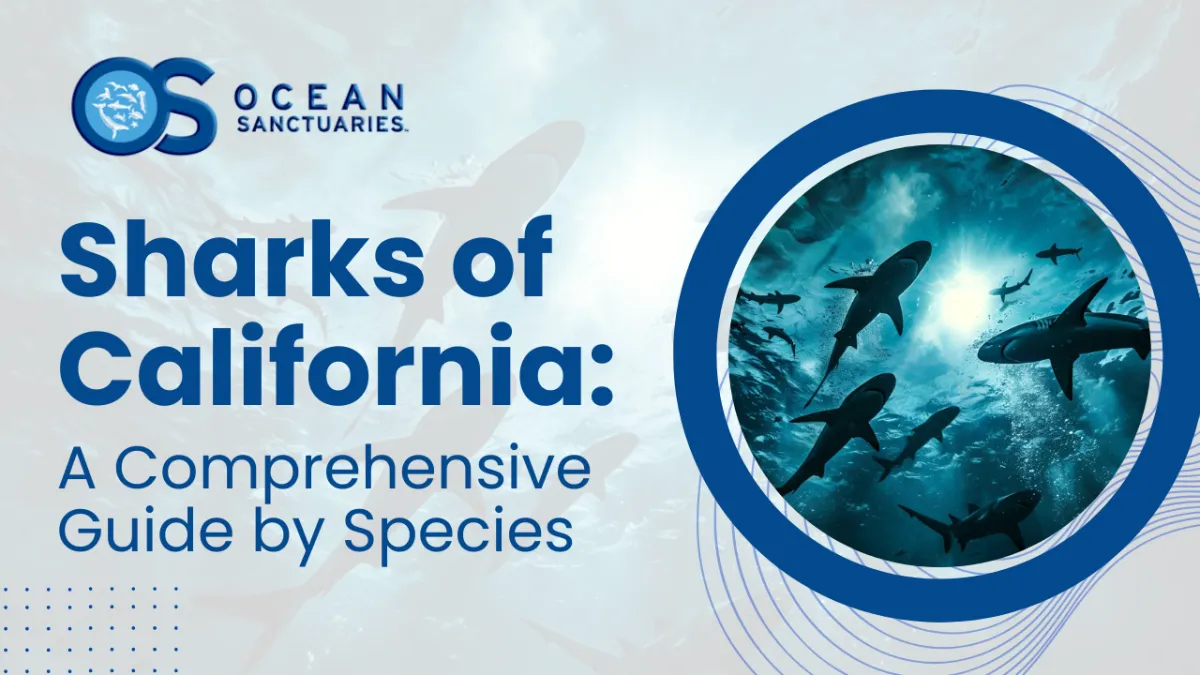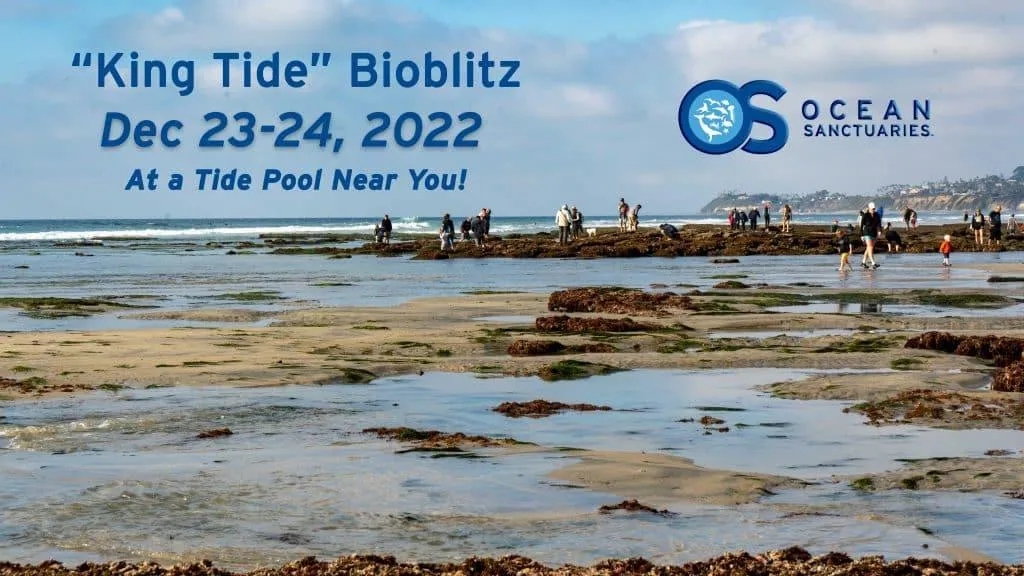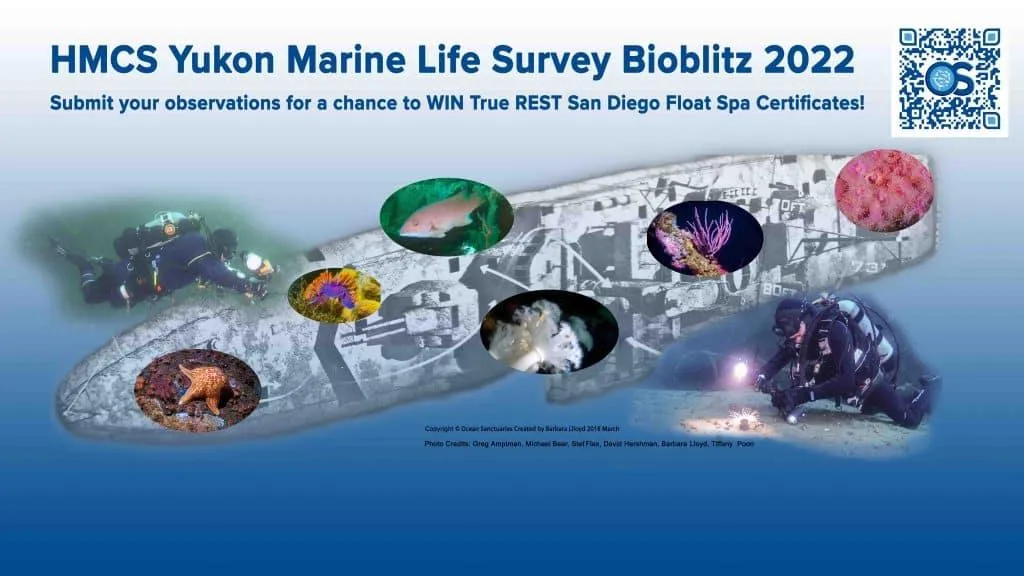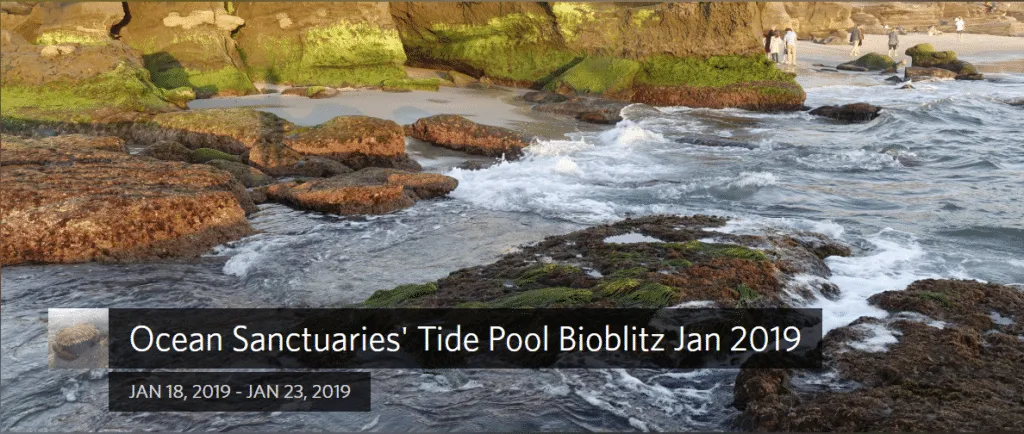Ocean Sanctuaries
Sharks of California: A Comprehensive Guide by Species - April 2025

Sharks of California: A Comprehensive Guide by Species is an engaging online course that takes you beneath the surface to explore the diverse shark species that inhabit California’s coastal waters. From the iconic Great White to the elusive Horn Shark, this course introduces learners to the anatomy, behavior, habitats, and unique traits of over 30 fascinating species.
Designed for divers, marine enthusiasts, students, and curious minds alike, this course breaks down complex marine science into clear, accessible lessons. You’ll gain insight into the ecological role sharks play as apex predators, their importance in maintaining healthy ocean ecosystems, and the urgent conservation efforts underway to protect them from threats like overfishing and habitat loss.
Whether you're looking to expand your marine knowledge, enhance your diving experience, or earn a certificate in ocean education, this course will equip you with the tools to better understand and advocate for these misunderstood creatures. Join us, and become a certified Shark Ambassador for California’s underwater world!
King Tides Winter Bioblitz 2022-2022

Bioblitz 2022: Aug 5th thru Sept 5th
CALL FOR DIVERS/DIVE PHOTOGRAPHERS!
SCIENTIFIC DATA COLLECTION OPPORTUNITY & RAFFLE GIVEAWAY
WHERE: The HMCS Yukon Artificial Reef WHO: Yukon Divers with cameras/ Dive Photographers
WHAT: Photographs of nudibranchs & other marine life taken during your dives on the Yukon, uploaded into our project database in iNaturalist
WHY: To document nudibranch diversity and help monitor species presence on the Yukon! Submit your observations in iNaturalist for a chance to WIN True REST San Diego Float Spa Certificates!

Who we are
Ocean Sanctuaries is a non-profit whose main focus is to give all kinds of people exciting opportunities to do marine citizen science.
What we do
Our organization has three focuses: ocean citizen science, education, and outreach.
Check out Ocean Sanctuaries’ Calendar of Events to see what is happening!
*Citizen Science Projects
Bioblitzes
Shark Projects
Marine Life Surveys
*Education
eLearning Portal
Intro to Citizen Science
Tidepools
*Outreach
Classrooms
Events
Presentations
Tide Pool Bioblitzes

The King Tides are a great time to explore tide pools. Connect with nature, explore the beach, and support science. Citizen scientists will document tide pool wildlife up as part of a bioblitz (a volunteer-powered nature survey). This bioblitz runs from Jan 18 thru Jan 23, 2019 all along the California Coastal Waters.
June 4, 2020: COVID-19 UPDATE:
Due to public health and safety concerns related to the COVID-19, Ocean Sanctuaries will not be promoting or participating in the annual Snap Shot Cal Coast ‘bioblitz’ sponsored by the California Academy of Sciences.
CONTACT
Ocean Sanctuaries, Inc.
1981 Caminito el Canario
La Jolla, CA 92037 USA
+1.858.633.7305
NPO INFO
EIN 46-5209246
501(c)(3) Nonprofit
C Environmental Quality Protection, Beautification
C30 (Natural Resource Conservation and Protection)
BOARD OF DIRECTORS
© 2024 Ocean Sanctuaries, Inc. | Privacy Policy | Terms of Service

